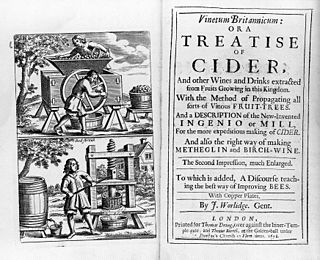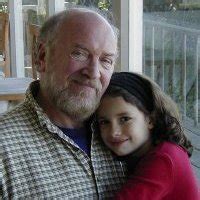A Quote by Faiz Ahmad Faiz
There are many other pleasures - besides the pleasure of physical union.
Related Quotes
There are three sorts of pleasures which are advantageous, and three which are injurious. Finding pleasure in the discriminating study of ceremonies and music, finding pleasure in discussing the good points in the conduct of others, and finding pleasure in having many wise friends, these are advantageous. But finding pleasure in profligate enjoyments, finding pleasure in idle gadding about, and finding pleasure in feasting, these are injurious.
In all places where there is a Summer and a Winter, and where your Gardens of pleasure are sometimes clothed with their verdant garments, and bespangled with variety of Flowers, and at other times wholly dismantled of all these; here to recompense the loss of past pleasures, and to buoy up their hopes of another Spring, many have placed in their Gardens, Statues, and Figures of several Animals, and great variety of other curious pieces of Workmanship, that their walks might be pleasant at any time in those places of never dying pleasures.
Lenten practices of giving up pleasures are good reminders that the purpose of life is not pleasure. The purpose of life is to attain to perfect life, all truth and undying ecstatic love - which is the definition of God. In pursuing that goal we find happiness. Pleasure is not the purpose of anything; pleasure is a by-product resulting from doing something that is good. One of the best ways to get happiness and pleasure out of life is to ask ourselves, 'How can I please God?' and, 'Why am I not better?' It is the pleasure-seeker who is bored, for all pleasures diminish with repetition.
The pleasure of eating should be an extensive pleasure, not that of the mere gourmet. People who know the garden in which their vegetables have grown and know that the garden is healthy will remember the beauty of the growing plants, perhaps in the dewy first light of morning when gardens are at their best. Such a memory involves itself with the food and is one of the pleasures of eating. (pg. 326, The Pleasures of Eating)
Innocent pleasures in moderation can provide relaxation for the body and mind and can foster family and other relationships. But pleasure, per se, offers no deep, lasting satisfaction or sense of fulfillment. The pleasure-centered person, too soon bored with each succeeding level of "fun," constantly cries for more and more. So the next new pleasure has to be bigger and better, more exciting, with a bigger "high." A person in this state becomes almost entirely narcissistic, interpreting all of life in terms of the pleasure it provides to the self here and now.
I once heard that Quentin Tarantino, who I obviously love and think is a genius, says that there's no such thing as guilty pleasure, there's only pleasures. And I do love that idea, because I do think that there's a pretentiousness when people make a list of their favorite things. I like to live a life where I don't think of my pleasures as guilty pleasures.







































